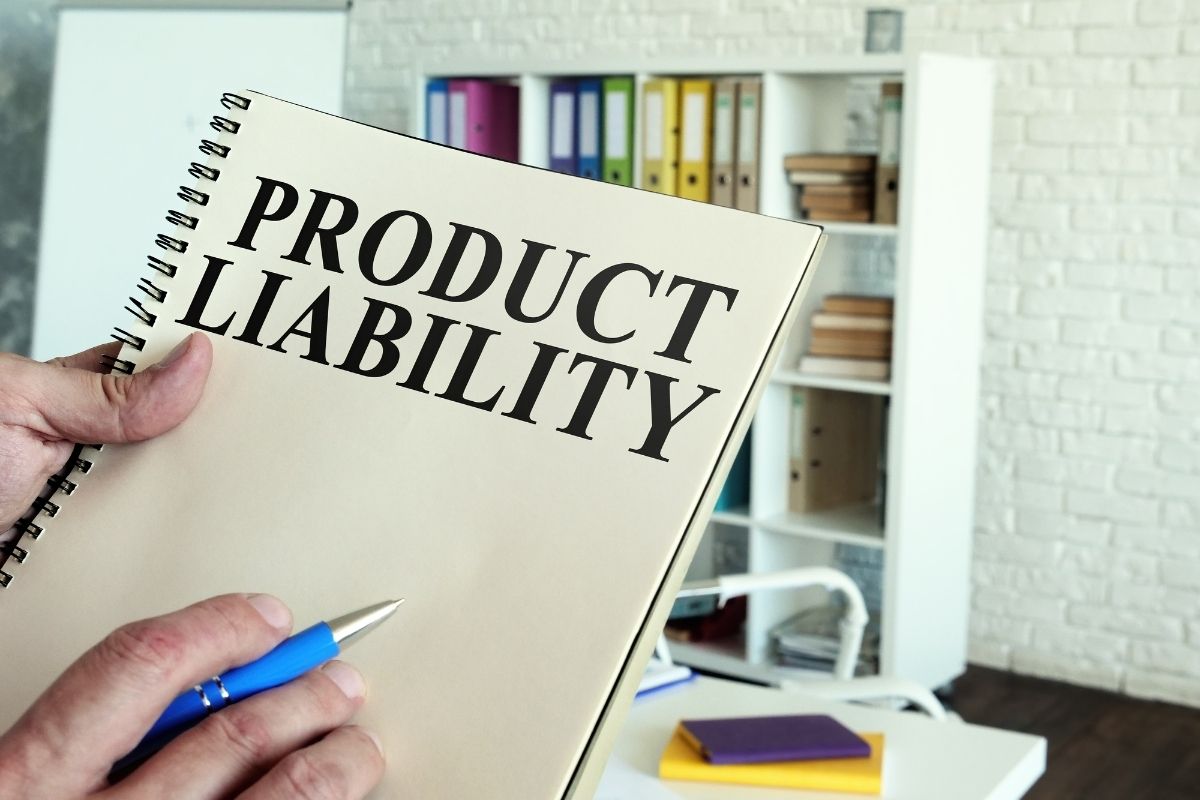There is a general presumption that products available in the supermarket or those prescribed by consultant physicians are safe for consumption. But what happens when that trust is broken and an everyday product causes harm or injury?
This is where a Product Liability Attorney becomes essential. Product liability law exists to protect you, the consumer, from manufacturers, designers, and distributors who put profit over safety. Whether it’s a malfunctioning appliance or mislabeled medication, the consequences of defective products can be devastating—and that’s when knowing your legal rights becomes critical.
The Hidden Dangers in Common Products
Not all dangerous or faulty products are easy to spot. A phone’s battery may unexpectedly catch fire and explode at any moment. Something as simple as a toy contains parts that a child can choke on, and no one even thinks about it. Even if the products are made to industry standards, the absence of proper labeling and testing can lead to injury and other shocking consequences. Here are a few common examples of hidden dangers in products:
- Over-the-counter medications with undisclosed side effects
- Electric blankets or heating pads that overheat
- Home gym equipment with weak cables or faulty latches
- Cosmetics that cause allergic reactions due to improper labeling
- Child safety seats that fail in a car crash
- Power tools with flawed safety guards
The concerns mentioned above stem not from the user, but rather from the active product’s maker, who jeopardizes the user’s safety.
How the Law Steps In: Understanding Product Liability
Product liability is a legal concept that allows consumers to sue manufacturers, retailers, and others in the supply chain when a product is found to be defective and causes injury. The key types of legal claims include:
- Design Defect: The product is dangerous due to a flaw in its original design.
- Manufacturing Defect: The product design is safe, but a mistake occurred during the production process.
- Failure to Warn: The product lacked sufficient warnings or instructions to prevent foreseeable harm.
In most cases, you don’t have to prove that a company meant to cause harm—just that the product they sold caused injury and that it should have been safer. If you believe a defective product has caused your injury or illness, here’s what you should do:
- Preserve the Product: Don’t throw it away. Keep it in its current state, as it may serve as key evidence.
- Document Everything: Take photos of your injuries, the product, and the scene. Keep receipts, packaging, and any instructions or warning labels.
- Seek Medical Help: Always get medical attention immediately, not only for your health but also to document the injury.
- Do Not Communicate with Manufacturers: Avoid making statements or signing documents without speaking to a lawyer.
- Consult a Product Liability Attorney: Time is critical. A lawyer can help assess your case and explain the best legal path forward.
What Damages Can You Recover?
Those harmed by a defective product may be compensated for several things depending on the specific case and the injuries sustained. Some common compensatory damages include:
- Medical bills (including future care costs)
- Lost income due to time off work or disability
- Pain and suffering
- Disfigurement or permanent injury
- Punitive damages in extreme cases where the manufacturer acted with gross negligence
It’s also possible for families to file wrongful death claims if a loved one died due to a defective product.
Common Defenses Used by Manufacturers
Companies rarely accept responsibility without a fight. Their legal teams may try to argue:
- The product was misused by the consumer.
- The product was altered after leaving the manufacturer’s control.
- The injury wasn’t caused by the product at all.
- The plaintiff assumed the risk of injury by using the product despite known dangers.
An experienced attorney can anticipate these defenses and present evidence that counters them effectively.
Time Matters: Filing Deadlines You Should Know
In most states, including Wisconsin, there’s a statute of limitations for filing a product liability claim—usually three years from the date of injury. However, exceptions may apply, especially if the harm wasn’t immediately obvious. If you wait too long, you could lose your right to sue entirely. Acting quickly not only protects your legal rights but also helps preserve valuable evidence that might disappear over time.
The Bigger Picture: Product Liability as a Public Safety Tool
While many people view product liability claims as personal matters, they also serve a larger purpose. By holding companies accountable, lawsuits force industries to improve safety standards. Past cases have led to:
- Clearer warning labels
- Stronger quality controls
- Safer packaging
- Product recalls that prevent further harm
Your case might not just bring justice to you—it could prevent harm to thousands of others.
Final Thoughts
Defective products are more common than we think, and the consequences can be devastating. If you or a loved one has suffered due to a dangerous product, don’t stay silent. The experienced attorneys at Schwaba Law Firm in Green Bay are here to help you navigate your legal options and fight for justice. Learn more by visiting their website today.










